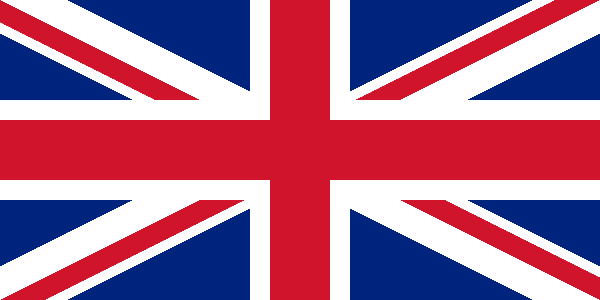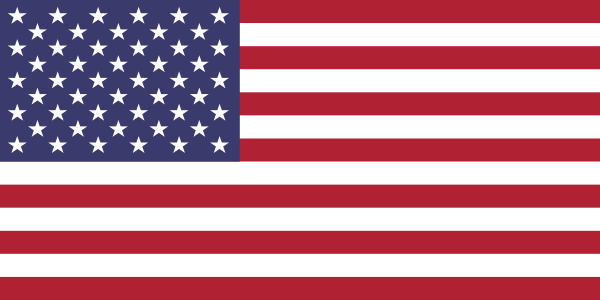Cholera update
01 December 2022 00:00
In October, we bought you the news that Cholera had returned to Haiti for the first time since January 2019, with 2 cases being reported in the south of the country.
The number of confirmed cases has now risen to 951, with children under 10 representing 33% of these. There are over 11,000 suspected cases and over 200 have died. (UNICEF) Whilst cases remain predominantly in the south of the country, suspected cases have now been reported in Cap Haitian, close to our partner hospital, HCBH.
This cholera outbreak comes on the heels of major ongoing social unrest and gang related violence. Severe fuel shortages have restricted key utilities and the delivery of basic services, including water. Prior to the outbreak, only 67% of the population had access to basic water services; without deliveries of fresh water, this figure will be less.
The devastating impact of fuel restrictions on medical facilities across Haiti continues to limit the availability of some services, severely impacting the country's ability to manage this outbreak. OCHA (UN Office for the Coordination of Humanitarian Affairs) estimates that 29,000 pregnant women and their newborns may not receive the critical assistance they need, especially if they contract cholera.
Two months after the blockade at the Varreux Terminal near Cité Soleil there are reports that the terminals have been liberated and oil reserves are now accessible, however, the team at HCBH was forced to siphon fuel from their vehicles to keep the generators running over the weekend. A ‘normal’ supply has not resumed and keeping the hospital doors open is a daily battle.
In the midst of these challenges, we are developing plans with the team in Haiti to transition the COVID ward at HCBH into a 20 bed Cholera Treatment Center when needed. Alongside this there will be a new waste management pit and an evaluation/triage tent for early treatment. Dr Toussaint (Medical Director of HCBH) is busy training staff and coordinating with MSPP (Ministry of Public Health and Population) and Medecins Sans Frontieres (Doctors without Borders) while the team source cholera supplies with longstanding partners Konbit Sante, Dalton Foundation and Haiti Health Network. If we can get the proper supplies, we'll also focus on providing preventative education in the surrounding communities
The ward will require at least £5,000 a month to operate. If you would like to make a donation towards our response to cholera, you can do so here.

